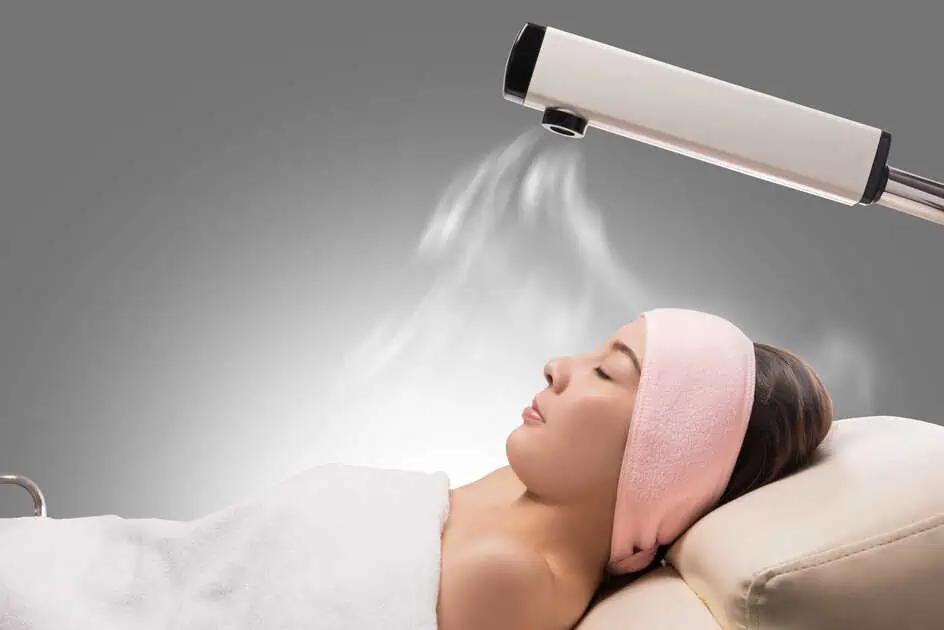We have written before about how antidepressants affect the brain in different ways.
The longstanding view has been that those suffering from mental disorders like depression, anxiety, bipolar disorder or PTSD have an imbalance related to their brain chemistry. The idea being that if we can isolate the chemical imbalance, whether by producing or suppressing chemicals in the brain, we can reach a state of balance that is expressed by a relief of symptoms.
For the last half a century, much of the innovation in depression treatment has focused on serotonin, also known as the ‘happiness neurotransmitter.’ Drugs that alter serotonin levels have been used to treat depression and anxiety since the 1950s, with new iterations continually coming to market promising higher success rates and fewer side effects.
A new breakthrough was found in ketamine therapy, which affects glutamate production instead of directly regulating serotonin. Glutamate is a neurotransmitter and drives cognitive functions like learning, memory and mood. The key difference between these approaches is that ketamine leads to the brain forming new neural connections that may have been damaged by years of stress, depression and anxiety. Moreover, the benefits of these neural connections persist even when the drug has completely left the body.
Ketamine has been at the center of so much research because of the success rate it has in providing relief for those that do not respond to other medications or forms of treatment – a condition known as treatment resistant depression (TRD). Up to 75% of TRD patients in clinical trials with ketamine found improvement of symptoms where nothing else worked.
Better treatment for depression is great news. But what if depression, anxiety and PTSD could be prevented in the first place?
The first indication that ketamine could be used to prevent mental health disorders came from data collected from 25,000 servicemen and women wounded in Iraq between 2002-2007. Burn victims were often provided ketamine as an anesthetic before undergoing surgery. Of the total number of civilians and soldiers that were treated for burns, nearly 45 percent developed post-traumatic stress disorder (PTSD). Amazingly, of the soldiers that were given ketamine, their rate of PTSD was much lower – nearly half as many cases – even when the severity of the burns was far greater.
Neuroscientist Rebecca Brachman published a study in 2016 in which she used mice models to test whether administration of ketamine prior to stress exposure could prevent psychiatric disorders. Using well-tested methods that reliably induce depression in mice, the rodents underwent daily bullying that would normally result in the mice avoiding social contact and freezing in a new space. What she found was that those that were given ketamine one week prior to the stress induction were protected and did not show signs of depression. The results were astounding to Brachman and her team and the implications could be far-reaching.
Much like the soldiers that returned with combat injuries and did not suffer the same high instances of PTSD, there are many populations that are predictably exposed to high-stress environments. First responders, firefighters, police, and health care professionals coping with the COVID-19 pandemic may gain long-term benefit from a single-dose ketamine infusion.
While ketamine may not be the only drug to have preventive benefit for psychiatric disorders, it is the most accessible. Ketamine is already FDA approved as an anesthetic and is listed as an essential drug by the World Health Organization. As the availability and acceptance of ketamine therapy for depression and anxiety continue to increase, so does the hope that this new class of drugs may one day help prevent stress-induced psychiatric disorders before they arise.
Nova Vita is the first and only ketamine infusion center in Hidalgo County and surrounding areas. We bring decades of clinical experience and an excellent clinical reputation amongst the community. If you or a loved one is suffering from depression and/or anxiety and has questions about Ketamine treatment, we invite you to call us and schedule a free phone consultation to decide if Ketamine infusion therapy for depression is right for you. Contact: 512-387-5920, 512-200-7311.







